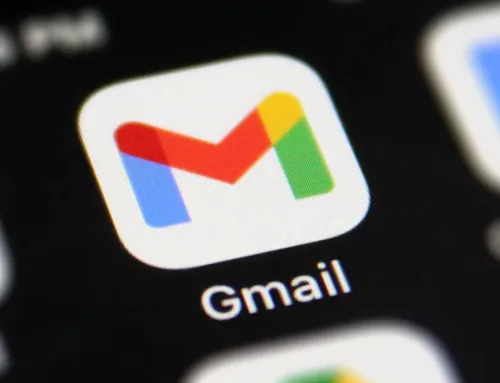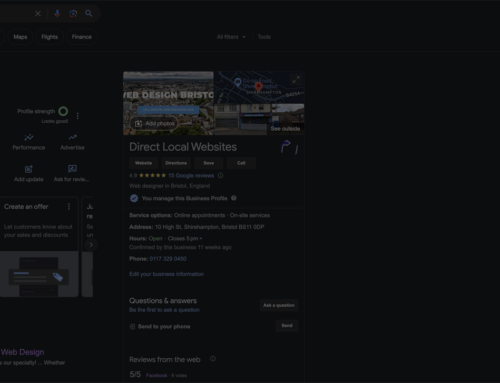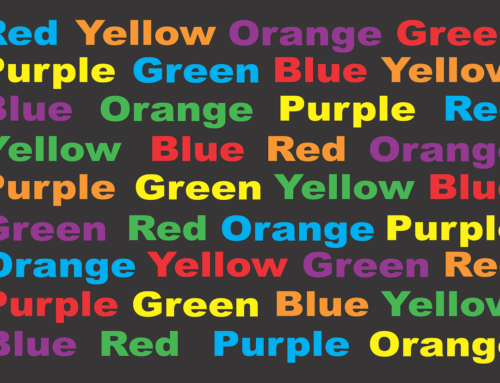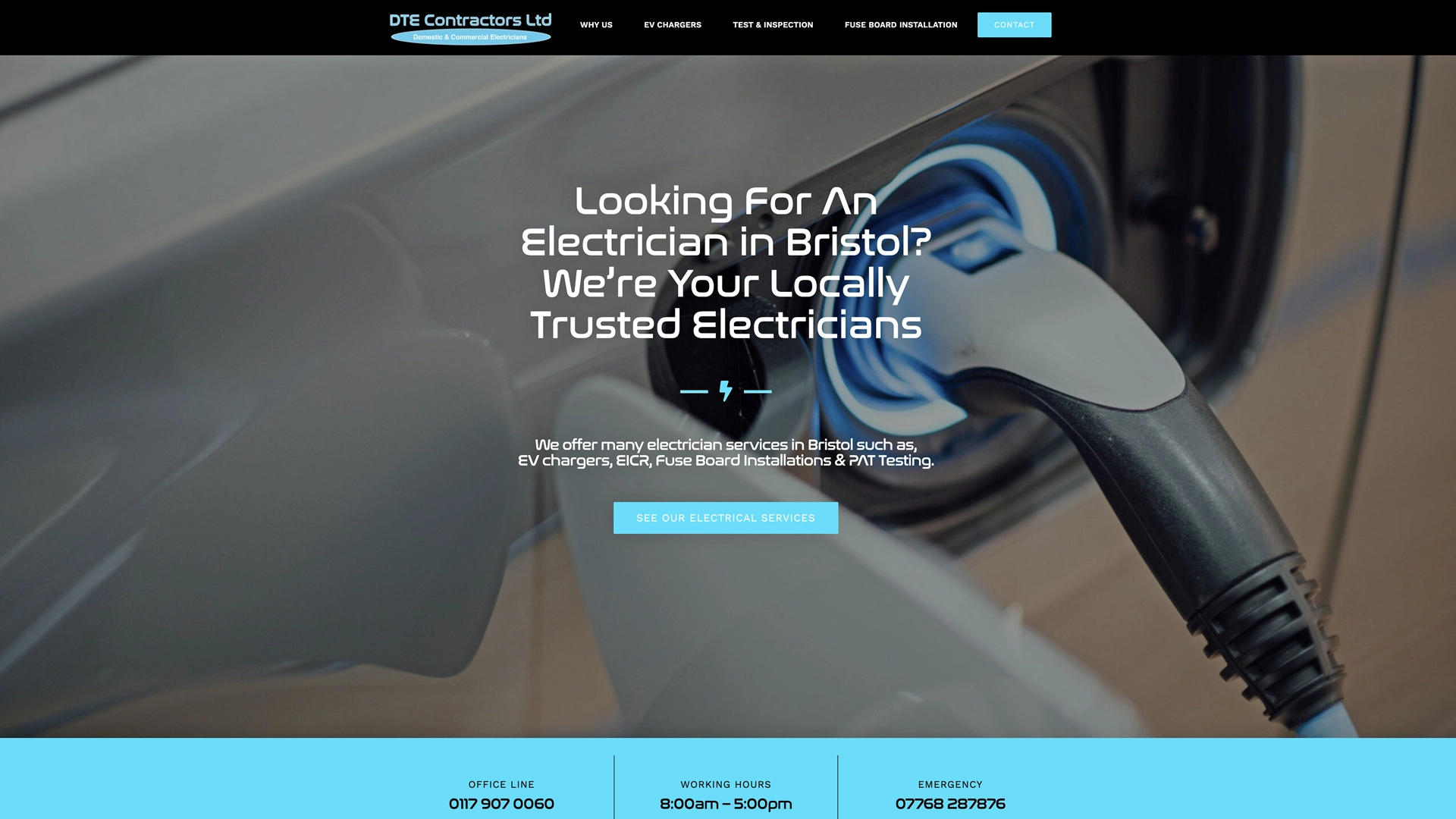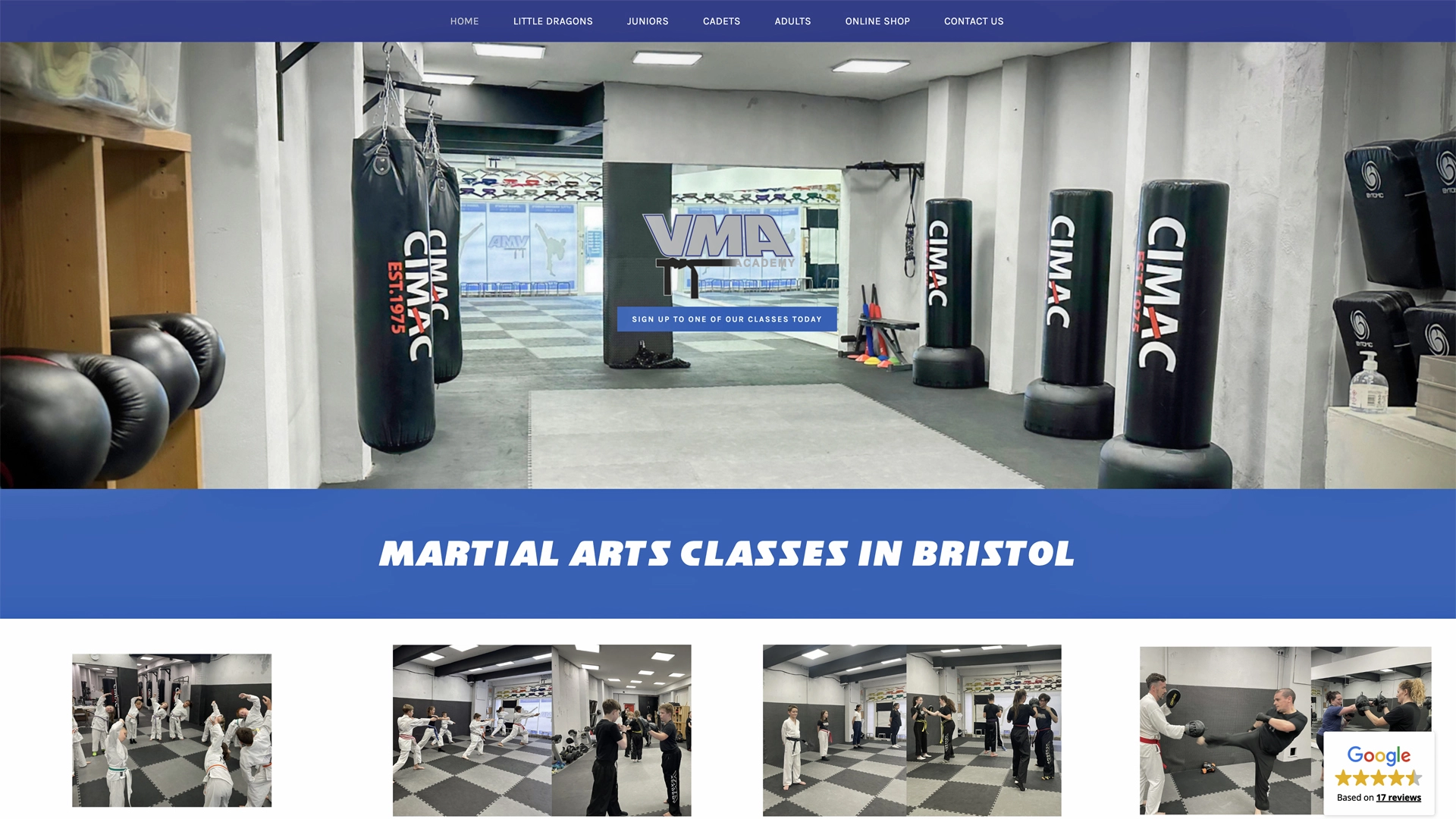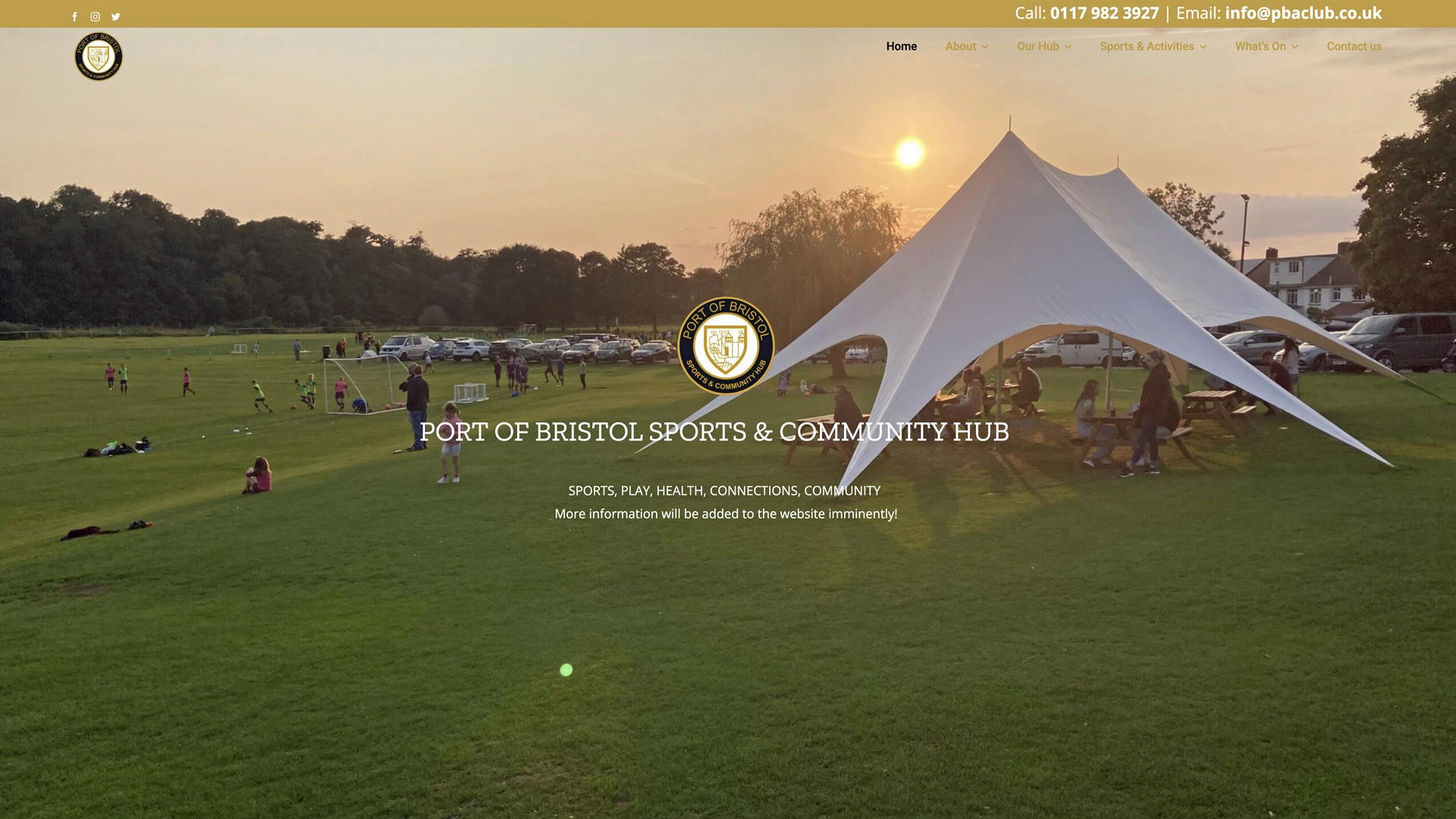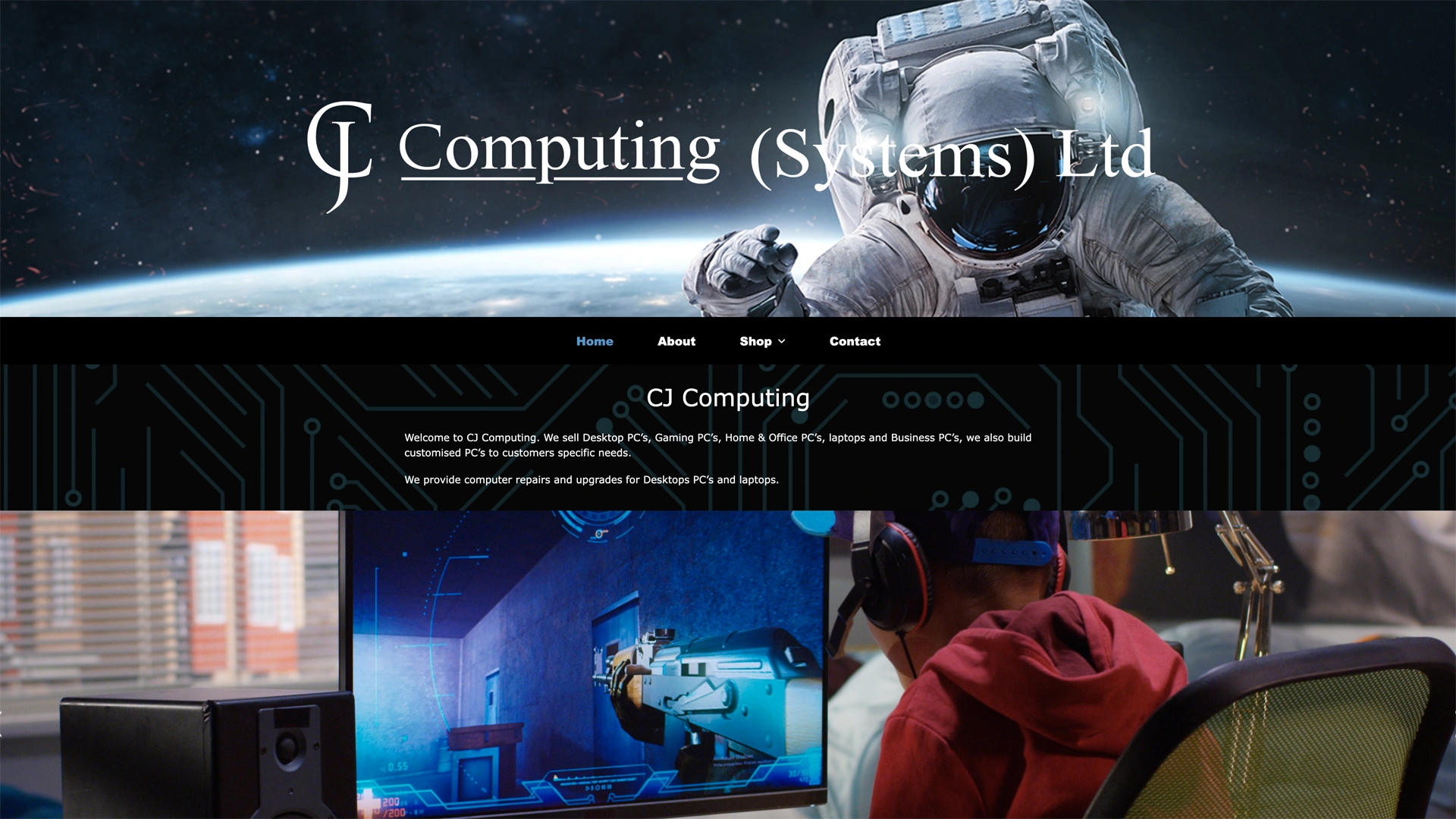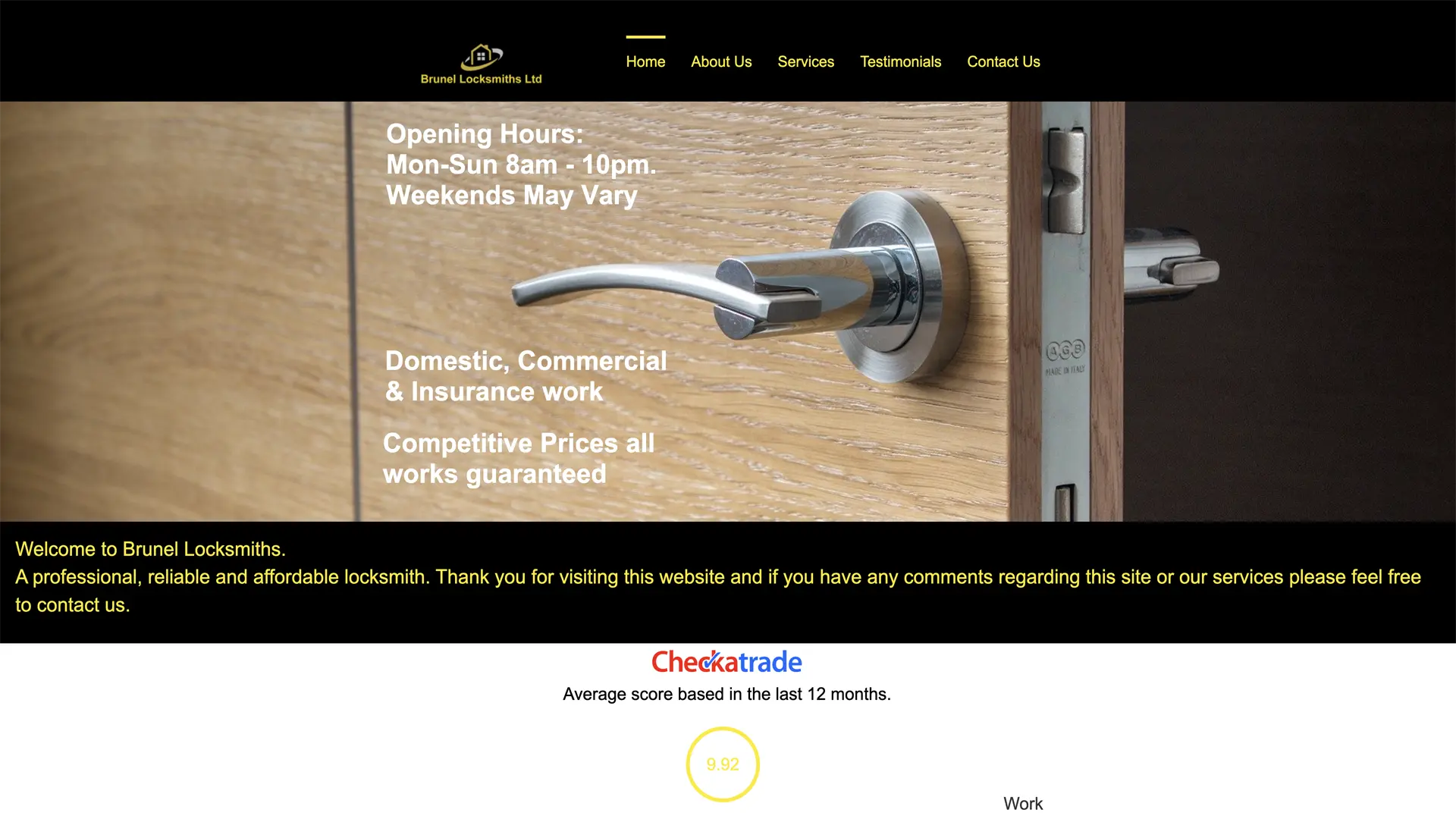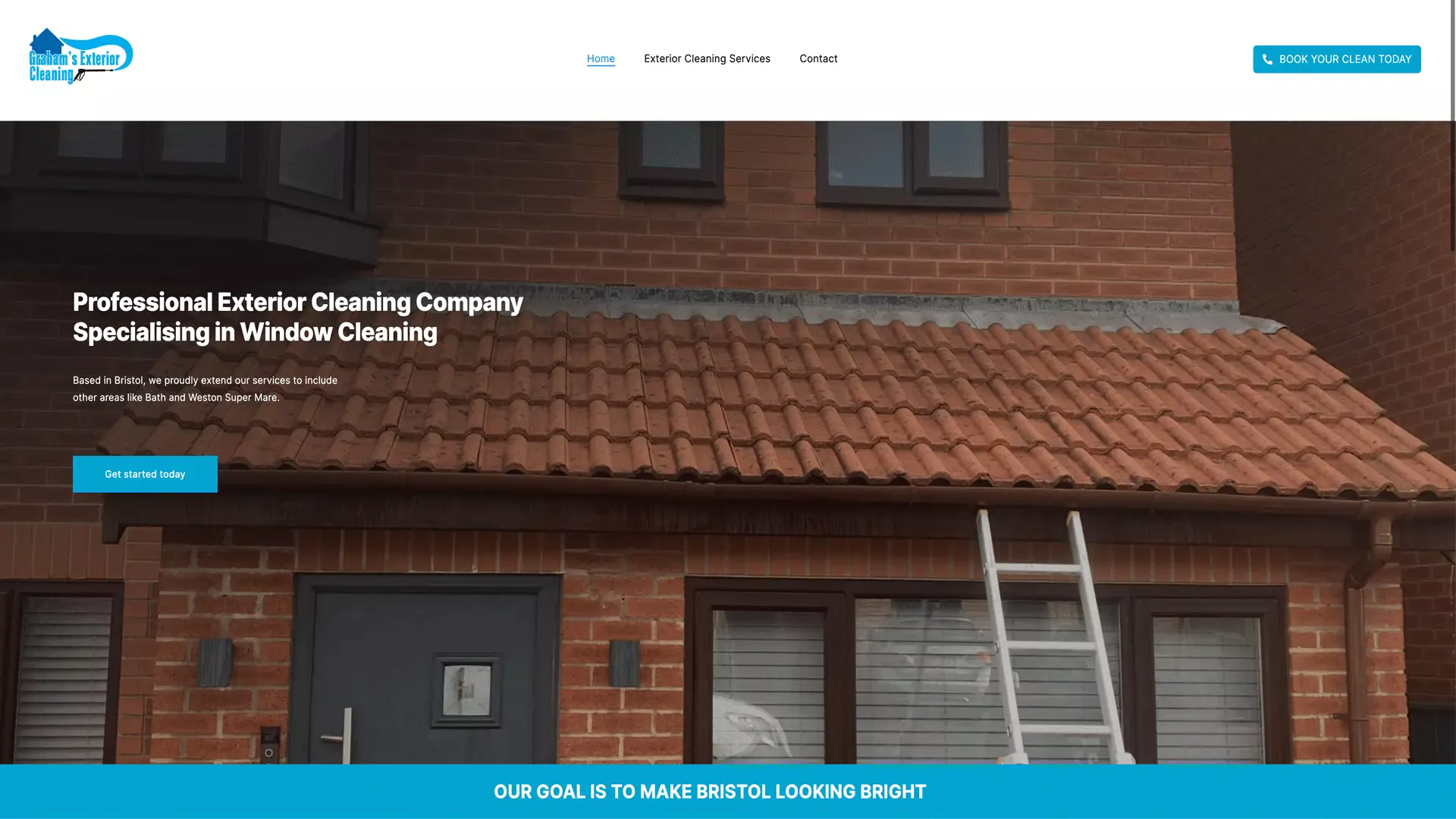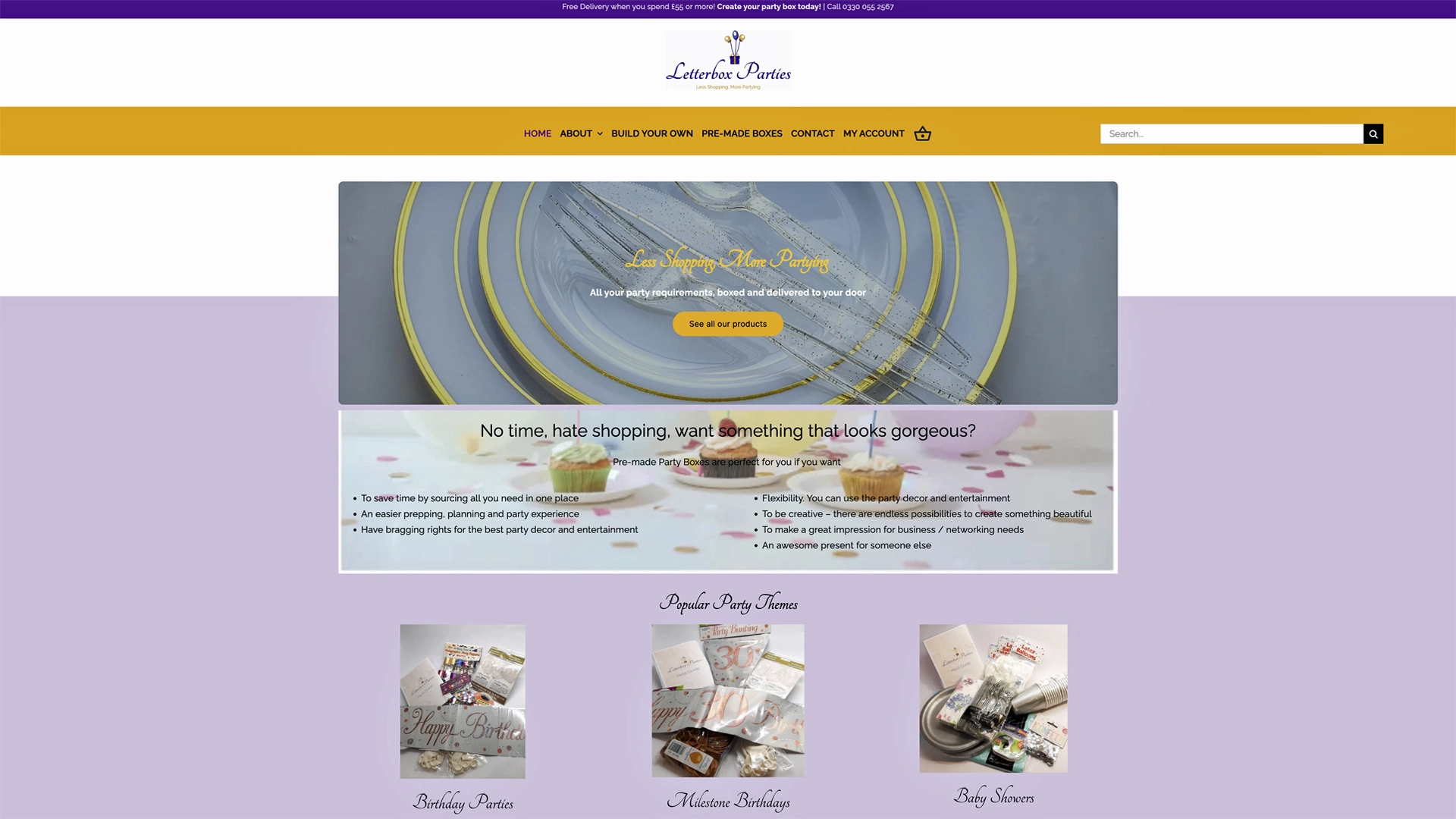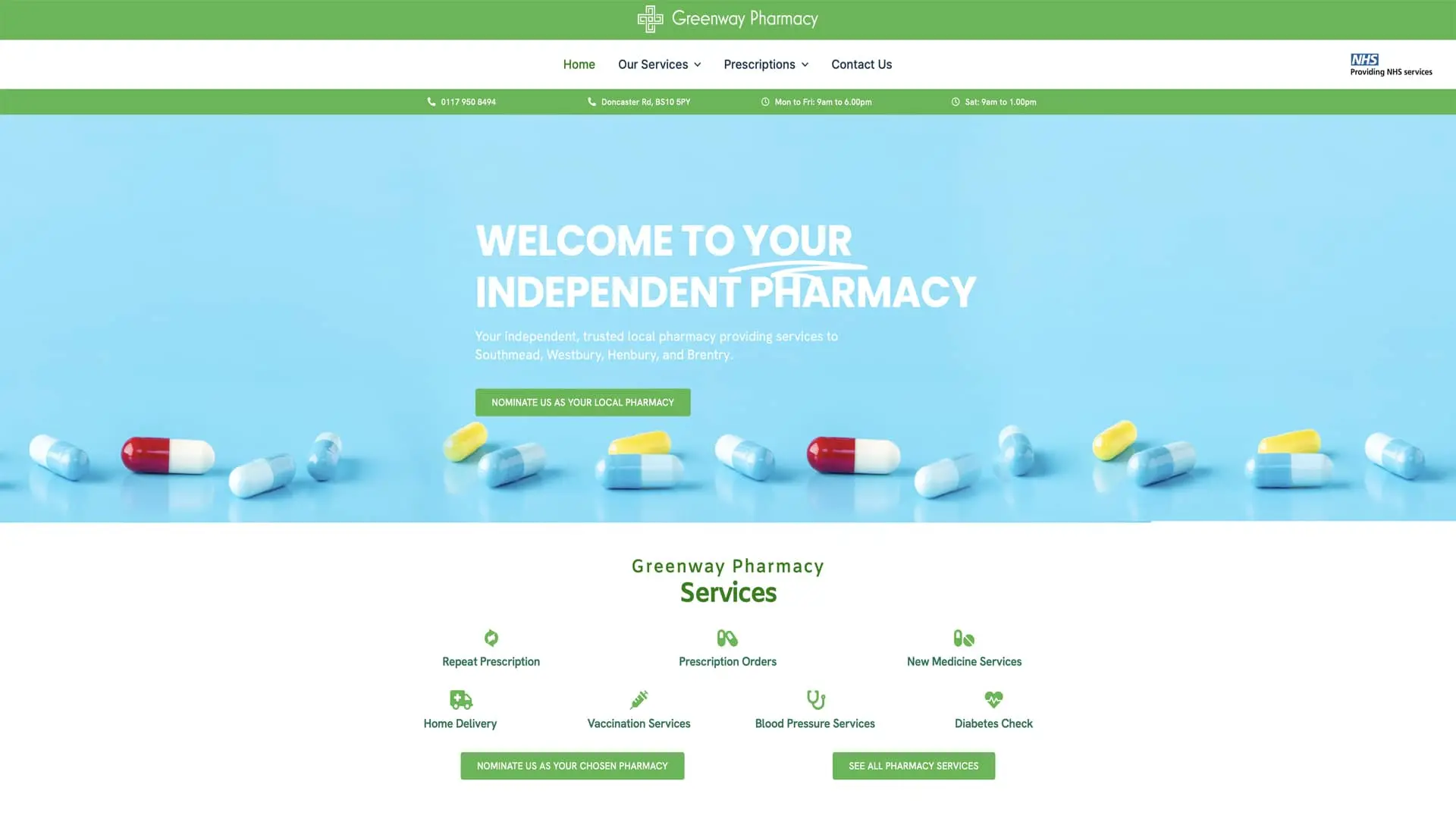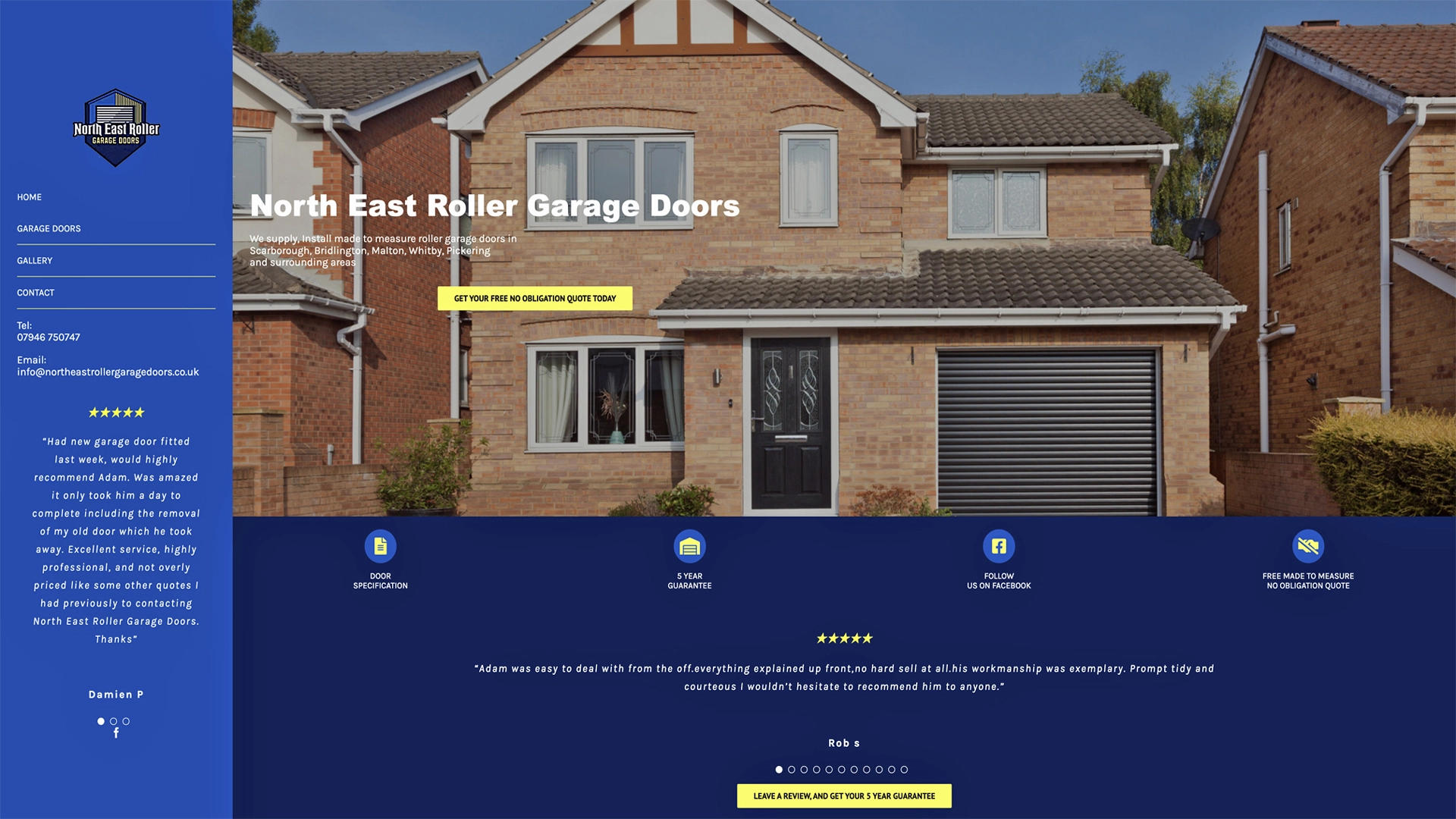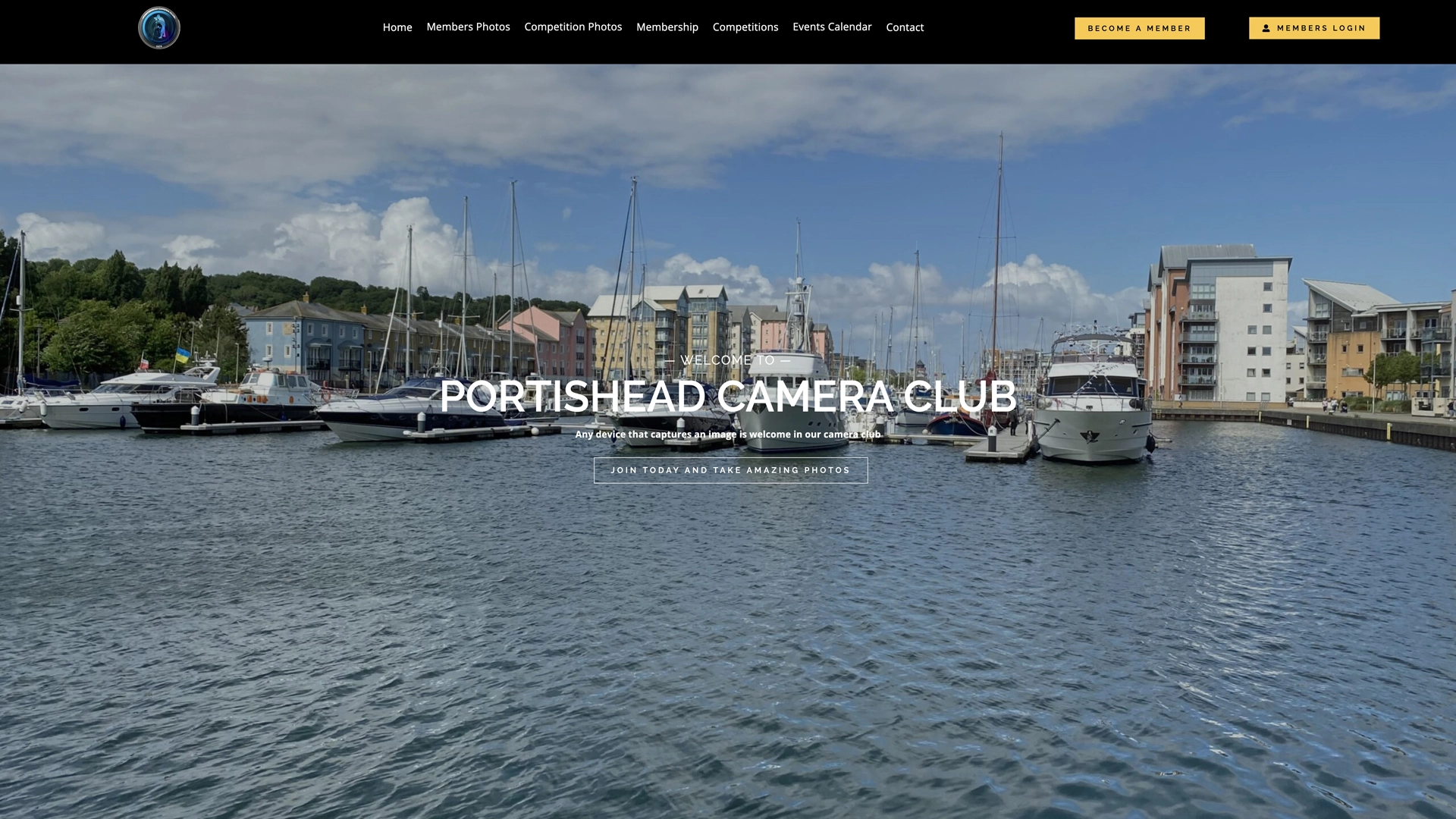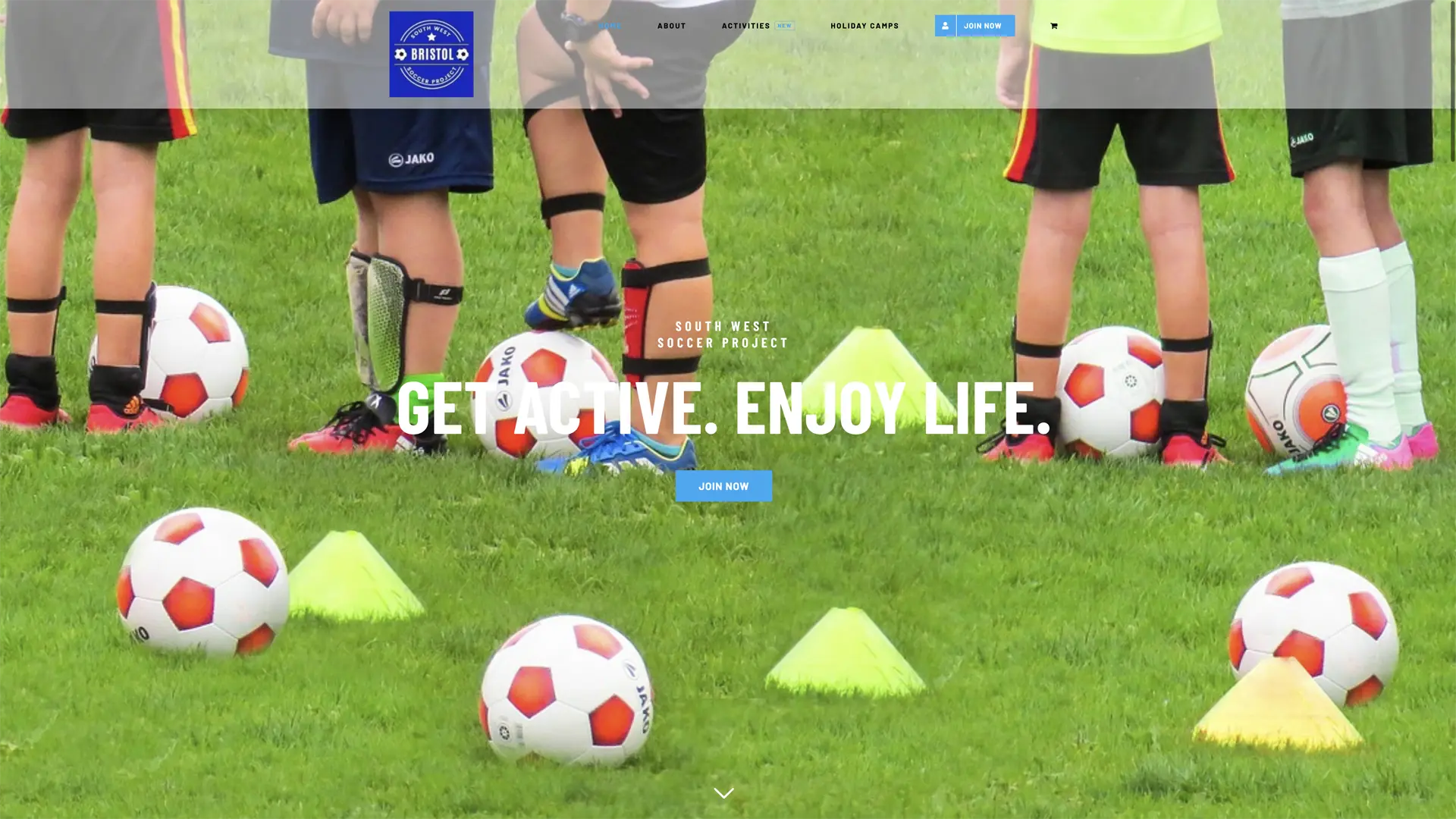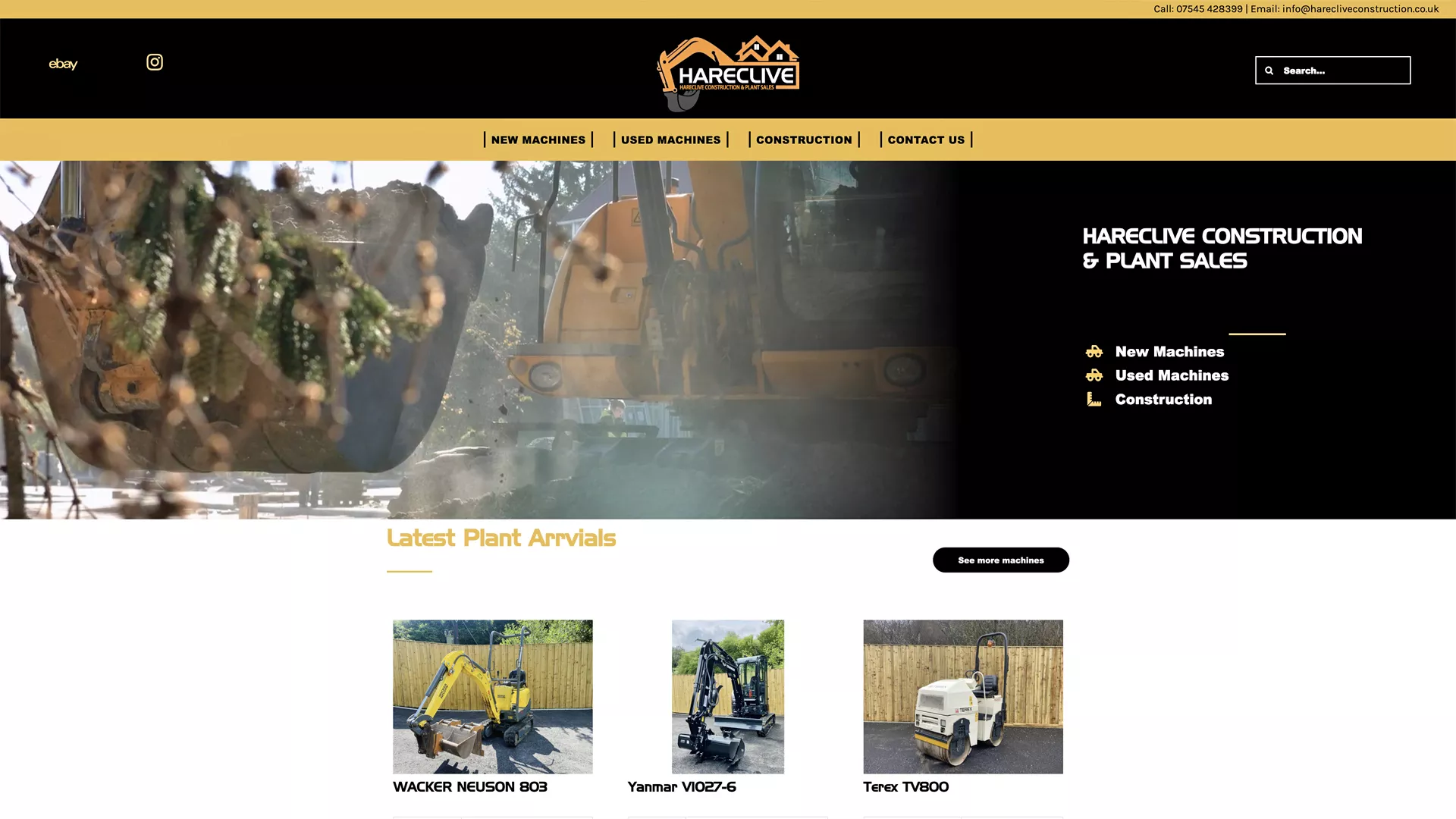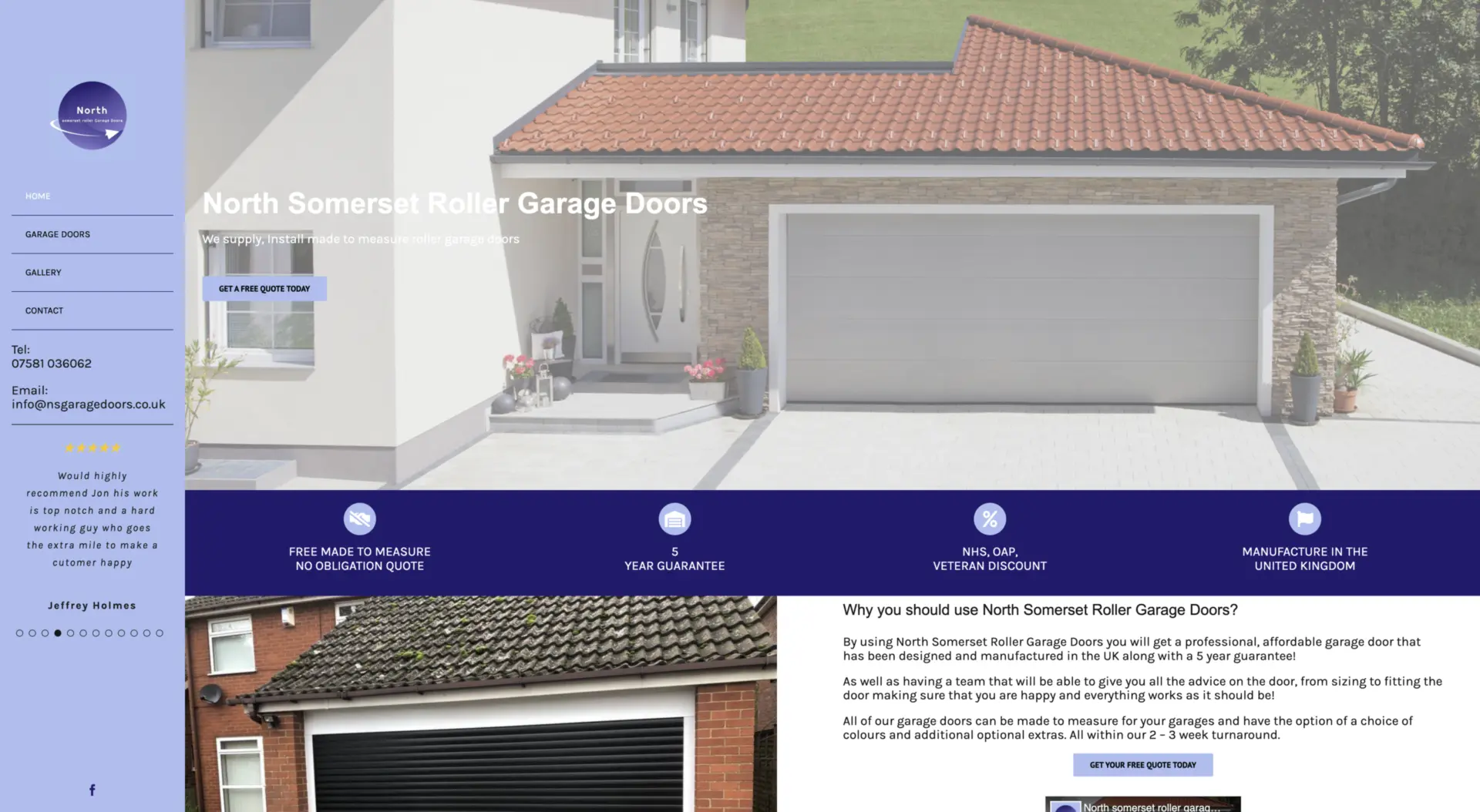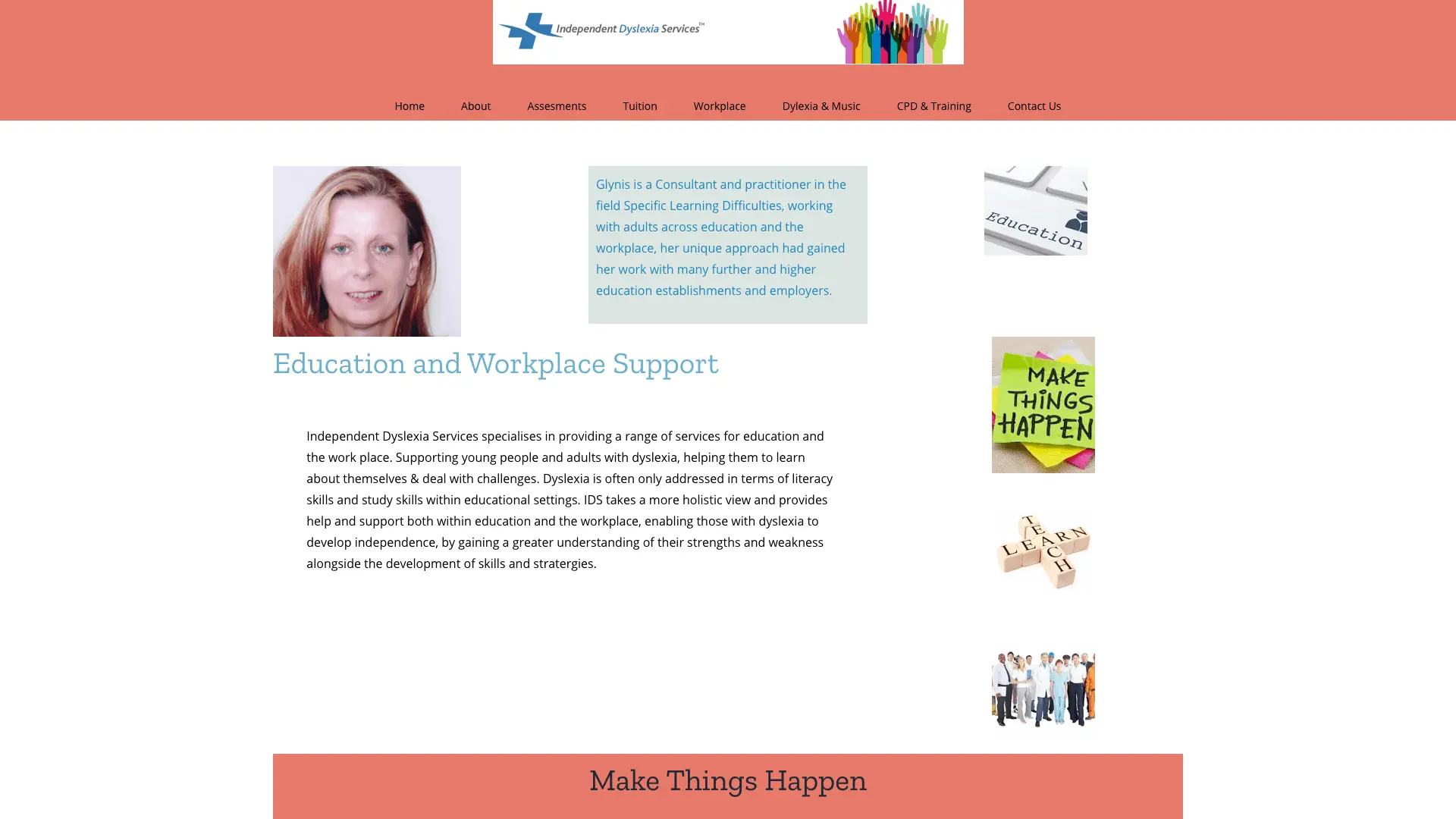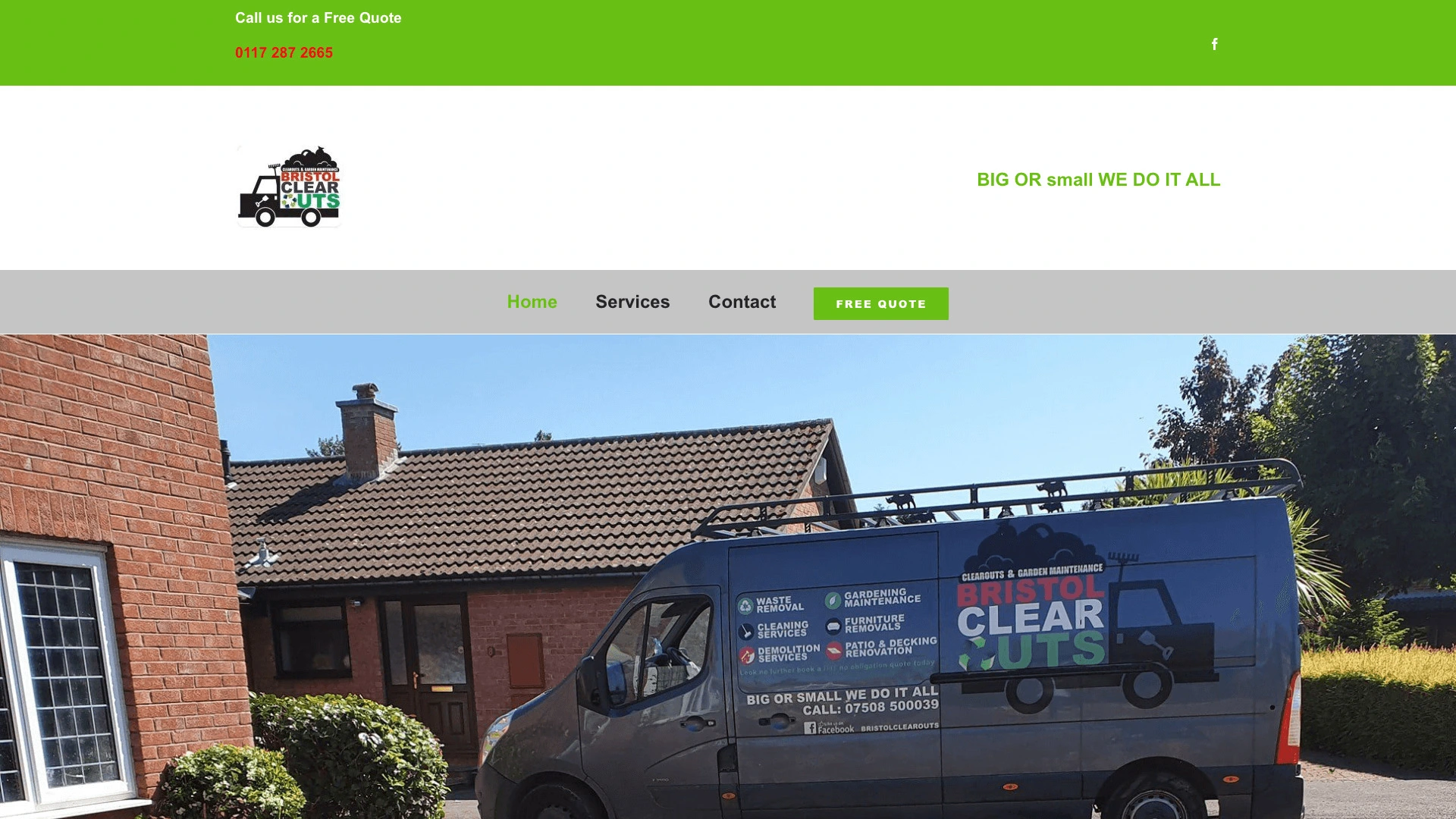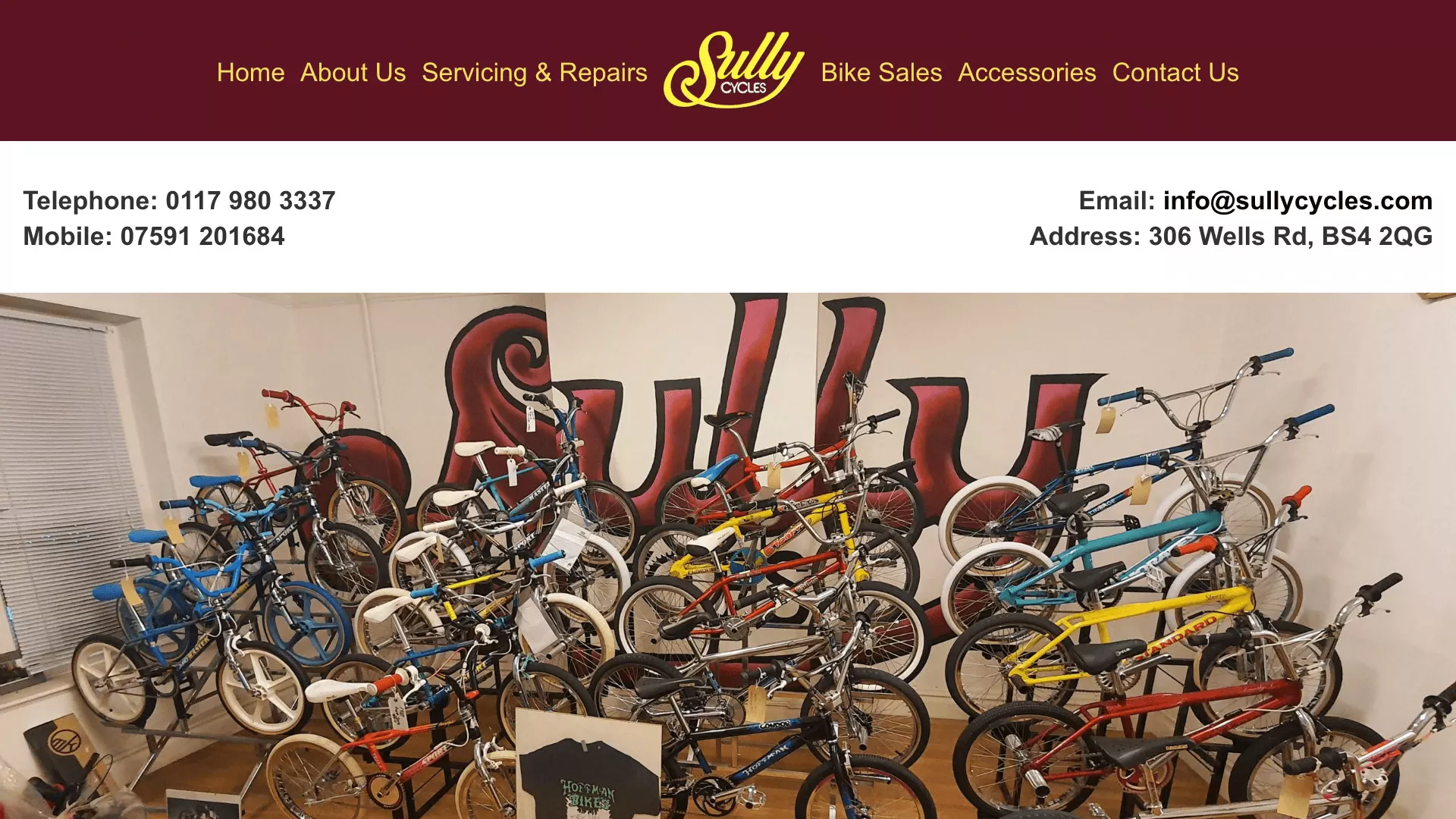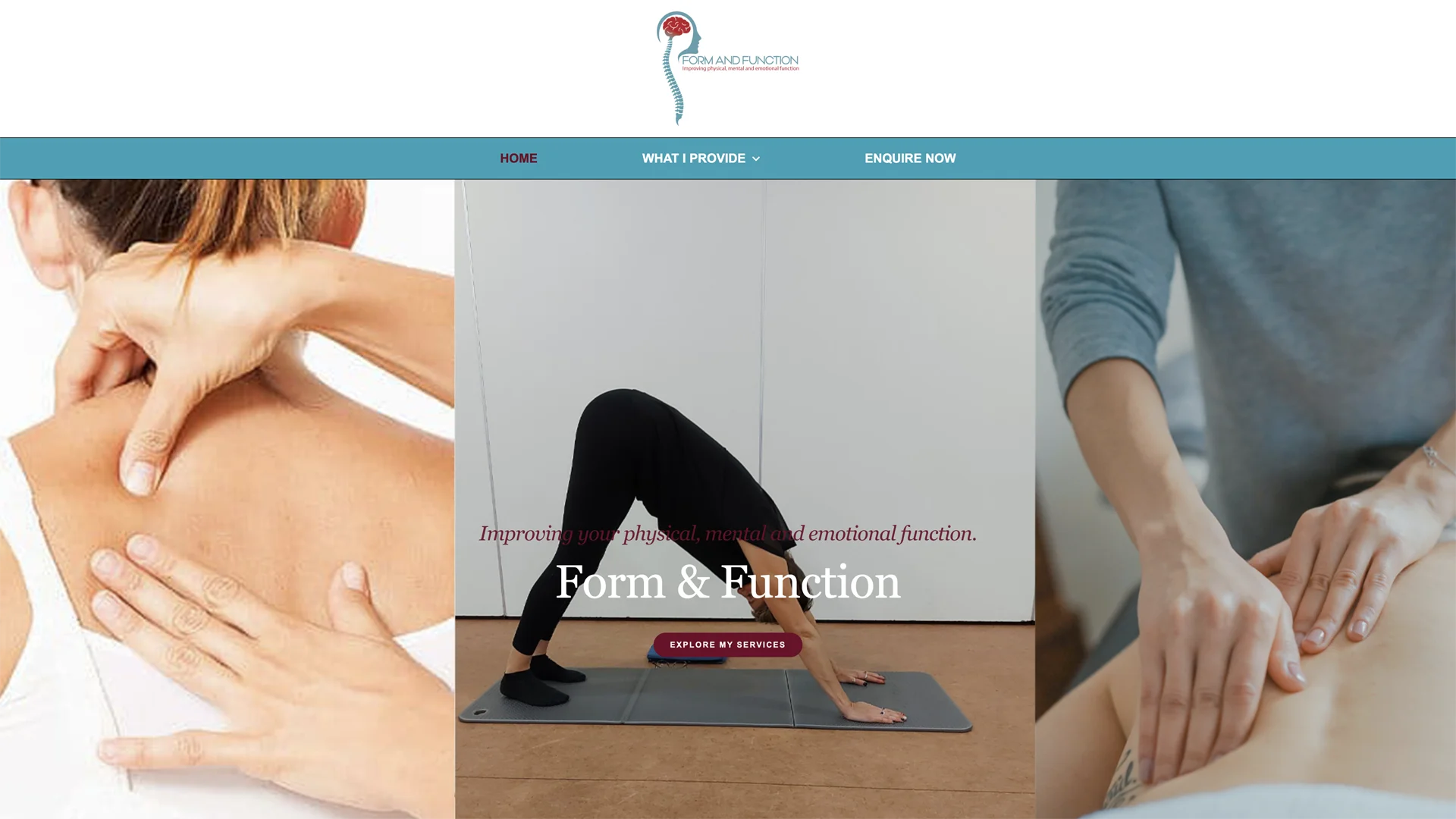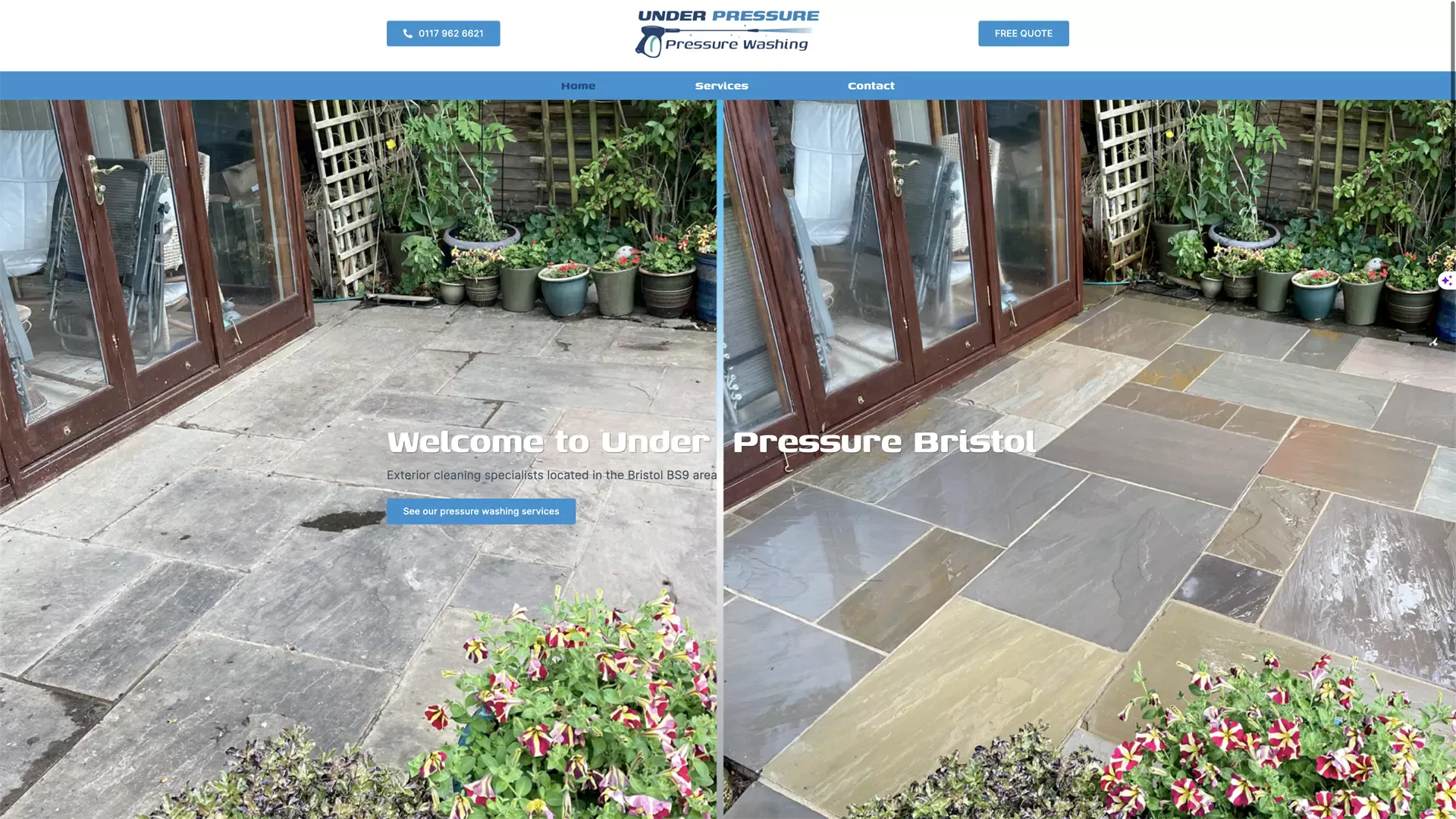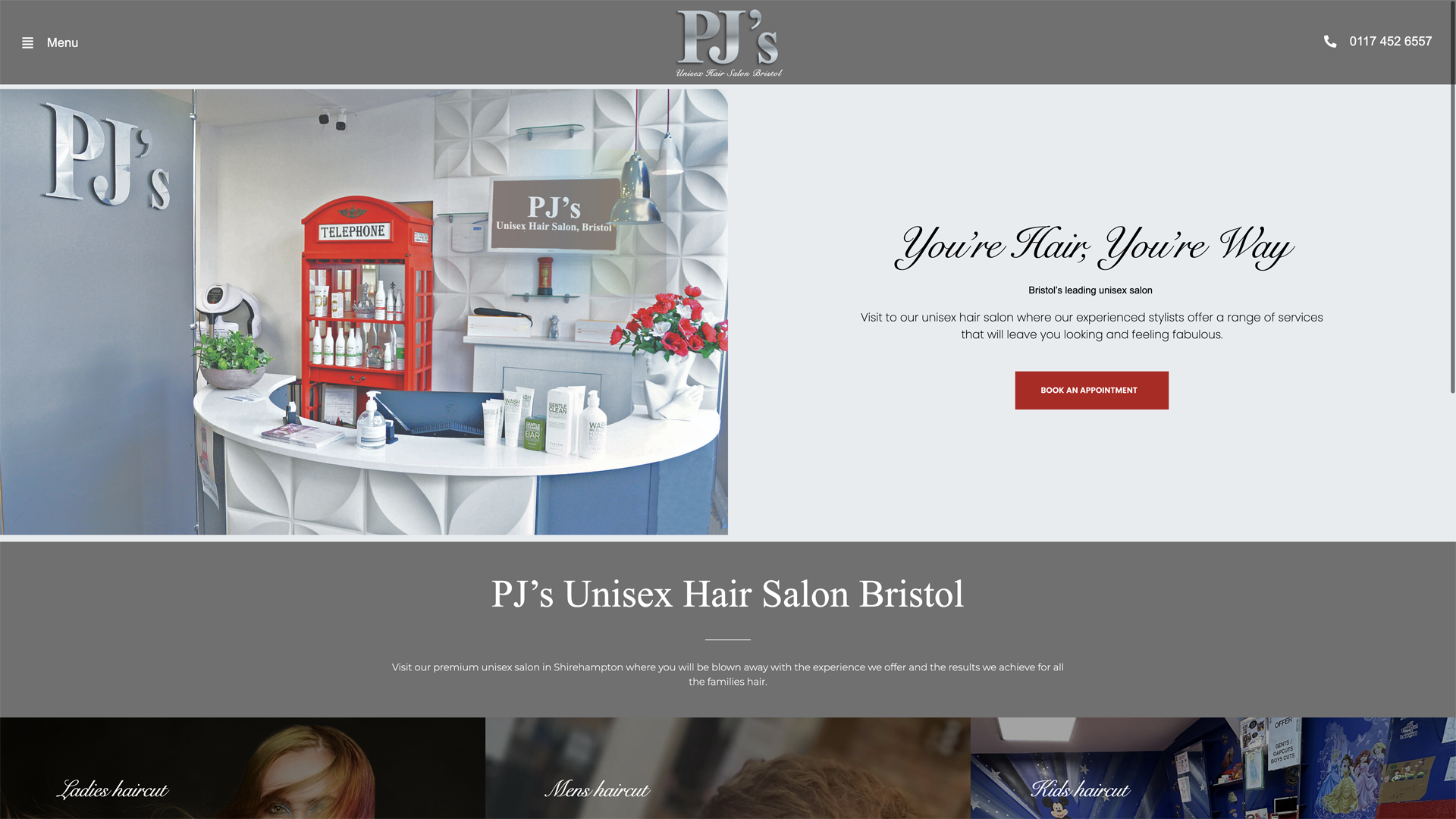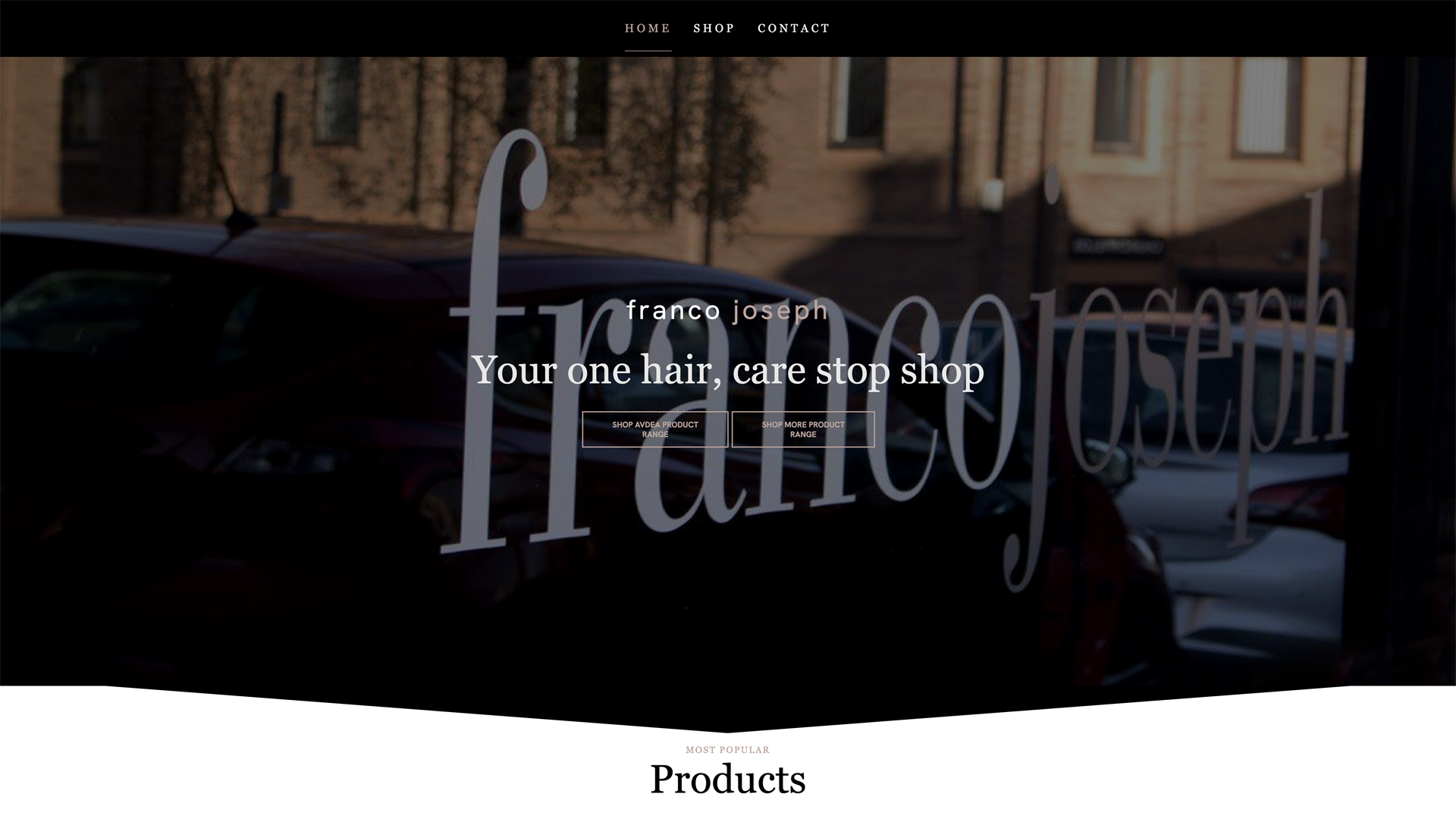AI Website Design: Five drawbacks to consider when choosing the easy option.
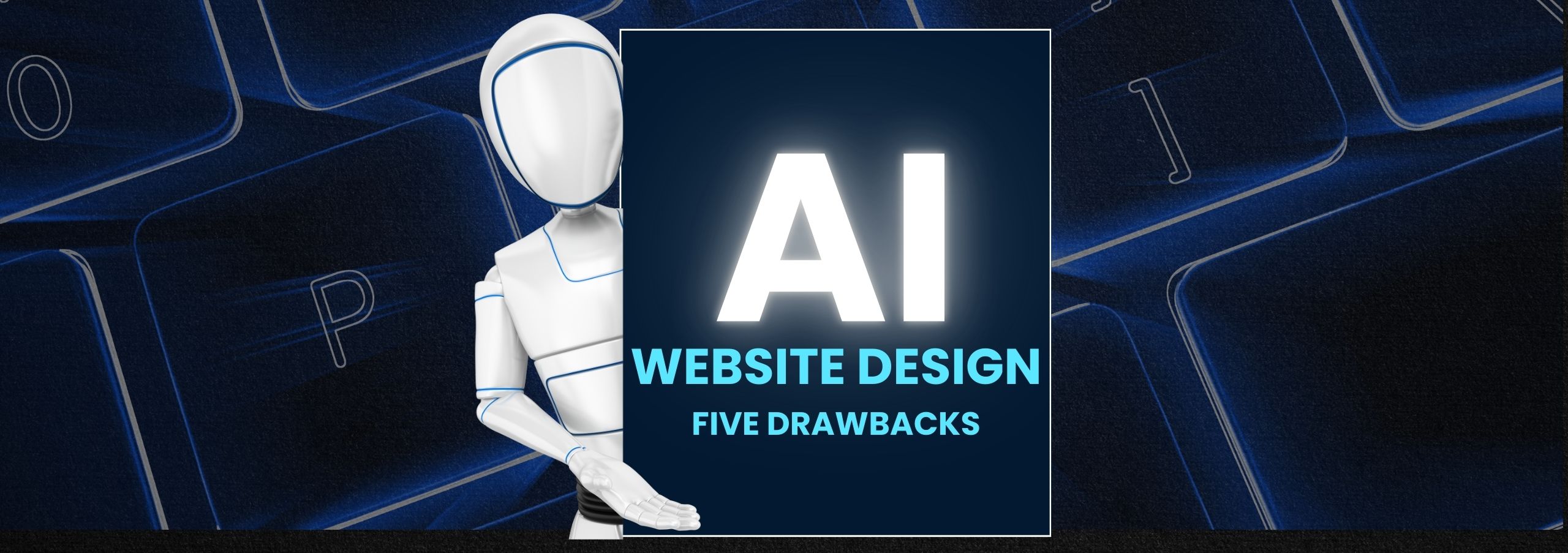
Lack of Originality and Creativity:
AI website design often rely on pre-designed templates and algorithms. While this can lead to efficient website creation, it can also result in a lack of unique design and creative elements that help a brand stand out.
The generated content might also be generic and lack a distinct voice. For example, many AI-built e-commerce sites might have similar layouts and product descriptions, making it difficult for individual businesses to differentiate themselves.
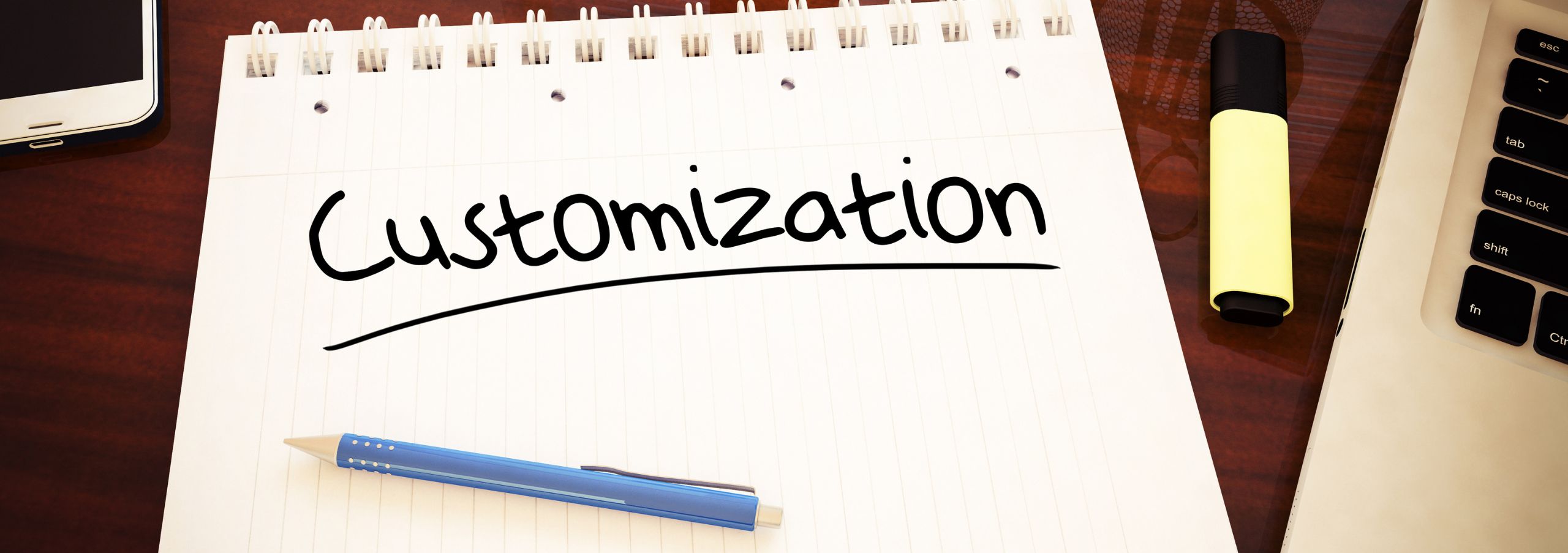
Limited Customisation and Flexibility:
AI website design offer a degree of customisation; they often fall short compared to human designers and developers.
Users might find themselves restricted by the AI’s pre-set parameters and have difficulty implementing highly specific or complex design requirements.
For instance, integrating a unique interactive feature or a non-standard database might not be easily achievable with an AI website design platform.
Potential for Generic and Unengaging Content:
AI-generated content, while potentially grammatically correct, can sometimes lack the emotional intelligence, and storytelling ability that resonates with human audiences.
This can lead to website copy that feels bland and fails to capture the brand’s personality or engage visitors effectively.
Imagine a travel blog written entirely by AI; it might provide factual information about destinations but lack the personal anecdotes and vivid descriptions that make travel writing compelling.
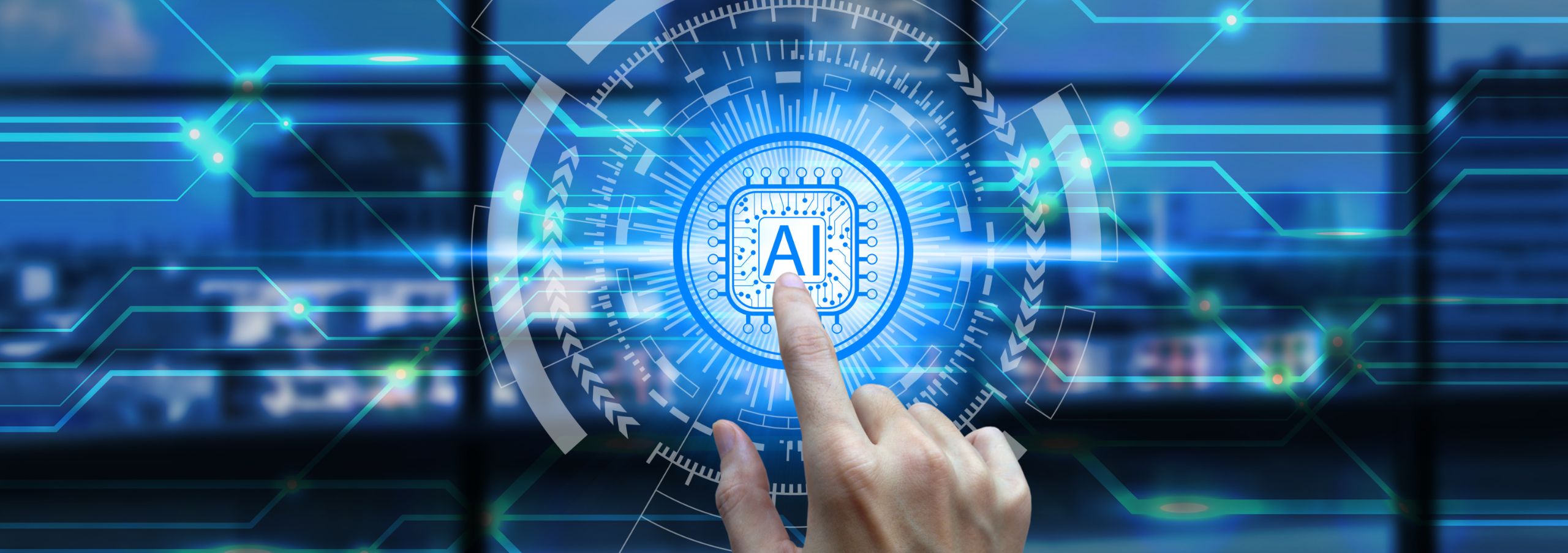
Dependence on Algorithms and Potential for Errors:
AI website design is driven by algorithms, and like any technology, they are not infallible. There’s a possibility of errors in design, functionality, or content generation. Also changes in the AI’s algorithms could unexpectedly alter a website’s appearance or functionality, requiring the user to adapt to these changes.
Absence of Human Insight and Strategic Thinking:
Building an effective website involves more than just aesthetics and functionality; it requires strategic thinking about user experience, target audience, and business goals.
Plus AI might not be able to provide the insightful recommendations that a human web designer or strategist could offer. For example, an AI might create a visually appealing website, but a human expert would consider factors like user flow, call-to-action placement, and SEO optimisation to drive conversions.
In summary, while AI website builders offer speed and convenience, they can sometimes compromise on:
- Originality
- Customisation
- Content quality
- Reliability
Plus let’s not forget the strategic human touch that is crucial for building a truly effective and successful website.

